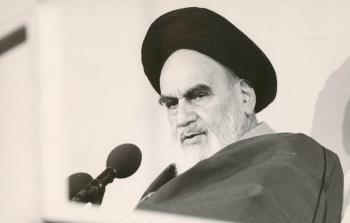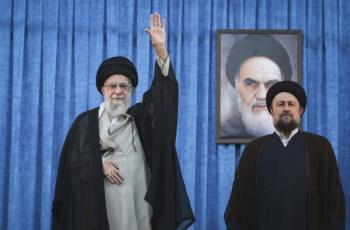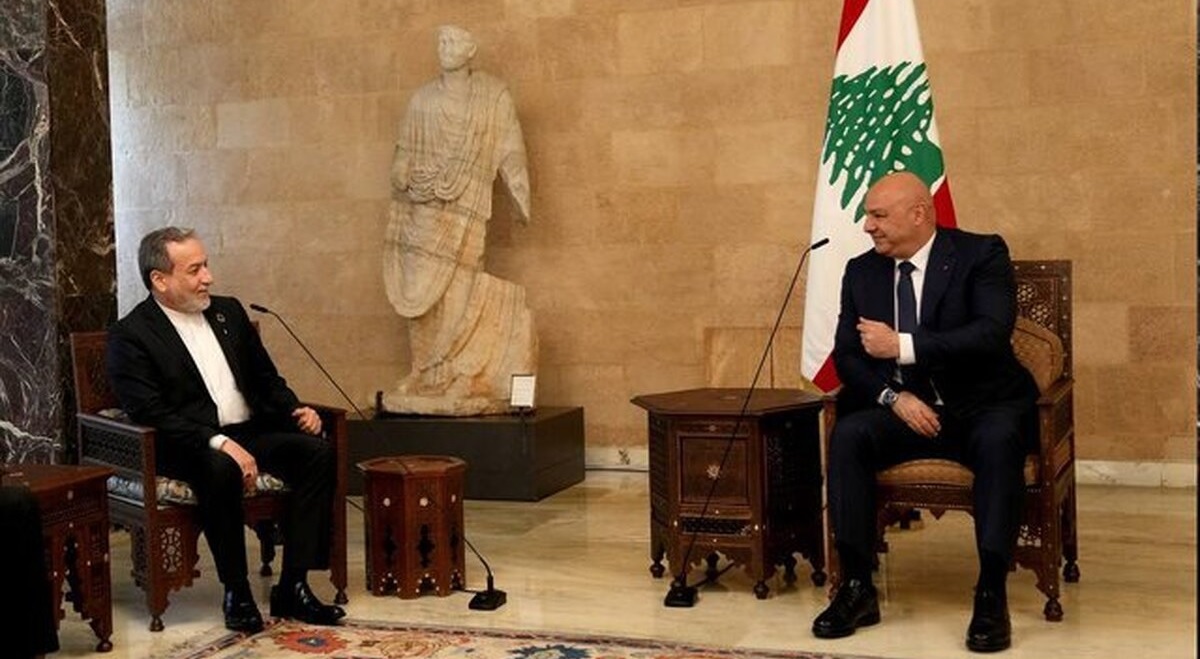Alwaght- In the middle of the indirect nuclear talks between Iran and the US as the main business of the Iranian foreign ministry these days, Iranian Foreign Minister Abbas Araghchi has kicked off a new round of his regional visits, signaling that Iran's diplomacy is active to expand foreign relations and that Tehran is not ignoring key regional cases while Washington and Tel Aviv are pushing to isolate Iran-led Axis of Resistance as the region is undergoing decisive developments.
In this connection, after his official visit to Cairo and opening up a new chapter in the relations of Iran and Egypt as two regional and Islamic powers, the top Iranian diplomat flew to Beirut to meet and discuss important issues with Lebanese leaders as Iran is an influential player in Lebanon.
But this visit comes at a time when Lebanon has undergone significant changes in recent weeks, and the balance of power within the country has been subject to a wave of political fluctuations amid the aftermath of the recent war with the Israeli regime.
One of the most important developments in Lebanon was the end of a three-year political stalemate and the inauguration of a new cabinet headed by President Joseph Aoun and Prime Minister Nawaf Salam. The end of the political deadlock occurred in a situation where the resistance forces in Lebanon, and particularly Hezbollah, allowed the formation of a cabinet with the presence of parties and figures opposed to the resistance in show of the greatest possible flexibility in order to advance the country's sensitive affairs at a time people are grappling with the consequences of the war, especially in the field of reconstruction and as Hezbollah feels a need for internal consensus to force the Israeli regime to end its occupation of southern Lebanon.
However, this flexibility and national expediency of Hezbollah, along with the pressure from the US and Saudi Arabia on the government of Joseph Aoun to disarm the resistance movement, has led to the promotion of the misconception among the opposition movements that Hezbollah is in a weak and unstable position and that plans to eliminate it from the political, military and social scene could advance.
In these circumstances, although Hezbollah, with its strong popular base and effective confrontation of the full-scale aggression of the Israeli army in the war, had proven that it was not a weak actor and has the power to rebuild its political and military organization in a short time, the important municipal elections and its remarkable victory in this vote worked like a nationwide referendum to expose the depth of political legitimacy and the high public acceptance of the Hezbollah and resistance discourse to the enemies and conspirators both at home and abroad and shattered all of their plots.
In addition to maintaining and adding to Hezbollah's of power in political, executive, and legislative affairs, especially in the key issue of reconstruction, the overwhelming win led to re-arrangement of the home equations in favor of Hezbollah. Actually, the vote outcome made it clear that Hezbollah's flexibility in the process of the government formation should not be regarded as a weakness, and that the government desperately needs engagement with Hezbollah and its allies to manage and advance home affairs, economic reforms, as well as the important jobs of reconstruction and expulsion of the Israeli occupation from the Lebanese territory. The win also tells the government that entering the contentious and impossible plot of Hezbollah disarmament neither serves the national security and stability and sovereignty against the Israeli aggression nor does it help cross the economic crisis, do economic reforms, and win popular contentment of the government performance.
On the other hand, the municipal elections were also a window into understanding Lebanese citizens' views on foreign policy priorities, where the Lebanese, by voting for representatives of Hezbollah and Amal Movement, practically voiced the need for Lebanon's independence and to confront excessive interventions of Western and Arab parties and confront the occupation of the Israeli regime as the archenemy of Lebanon.
Therefore, with the understanding of such important outcomes of the municipal elections, Araghchi's visit to Beirut takes place in an atmosphere countering the pressure exerted by the US and Saudi Arabia on Aoun's government to distance itself from Iran.
Until just a few months ago, under severe pressure from the Americans and the Israelis, the Lebanese government suspended regular Tehran-Beirut flights, and flights were only possible from Turkey and Iraq, to an extent that presence of Iranian officials at the funeral of Hezbollah chief Sayyed Hassan Nasrallah and his aide Sayyed Hashem Safieddine on February 23 was shrouded in uncertainty days before.
The situation developed to a point that Aoun openly said flights between Tehran and Beirut will not be resumed. During his first official visit to Saudi Arabia this week, he talked about the need to disarm Hezbollah in a clear alignment with Riyadh's stances.
Now, however, Araghchi's visit to Lebanon can be interpreted and examined in a new and different atmosphere than in previous months. On the one hand, Iran is trying to maintain its positive relationship with Lebanon by maintaining diplomatic relations and highlighting economic cooperation and the important issue of reconstruction.
On the other hand, given the Aoun government's urgent needs, Tehran can once again demonstrate its supportive and stabilizing role in Lebanon—particularly by facilitating cooperation between Hezbollah and the government, removing obstacles to this partnership, and reinforcing Lebanon’s national sovereignty against Israeli occupation. This could also strengthen Iranian-Lebanese relations in the new era.



























